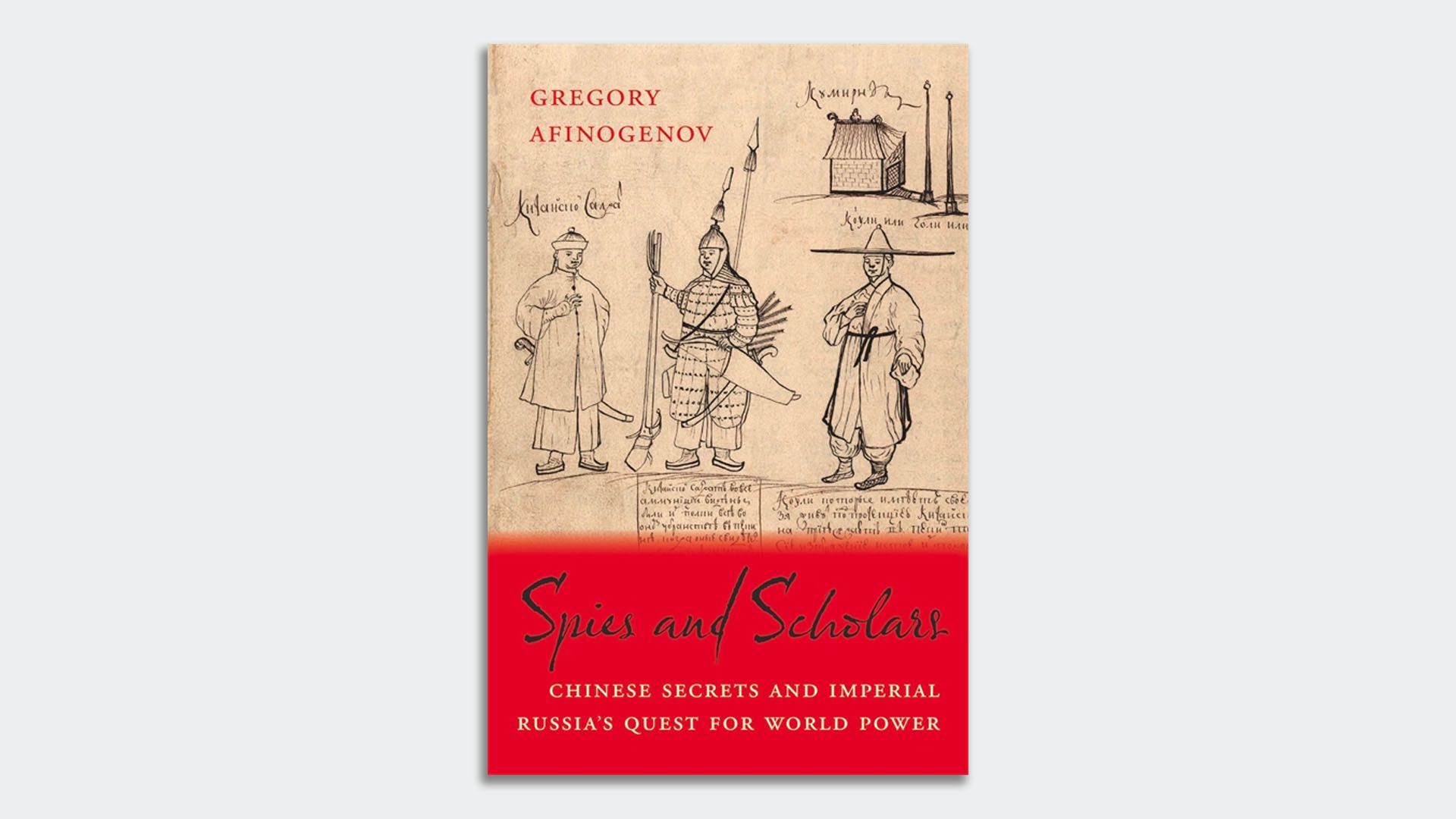Apr 22, 2020 - World
The history of Russia's quest for Chinese intelligence
Add Axios as your preferred source to
see more of our stories on Google.

Photo: The Belknap Press of Harvard University Press
Add Axios as your preferred source to
see more of our stories on Google.

Photo: The Belknap Press of Harvard University Press